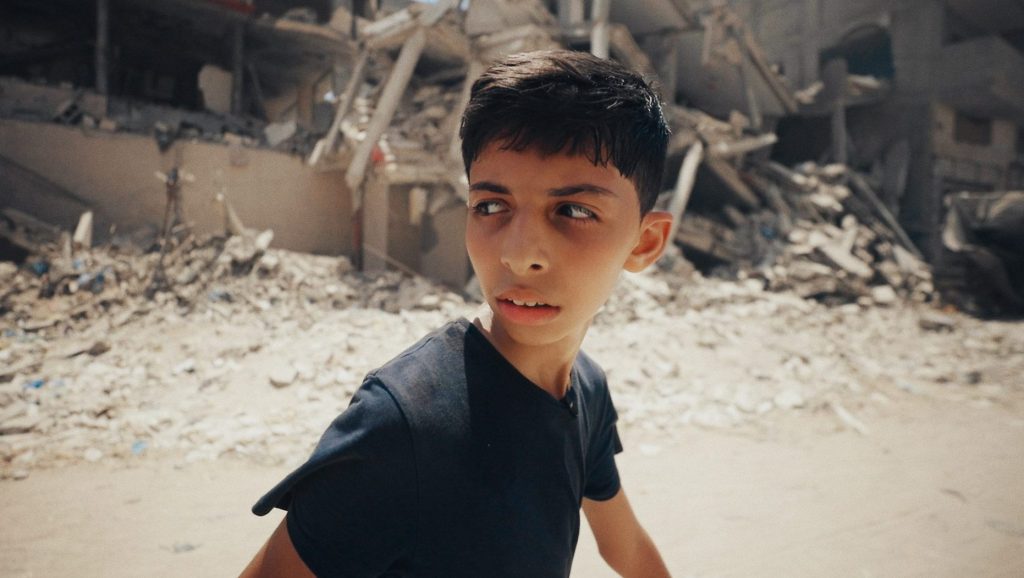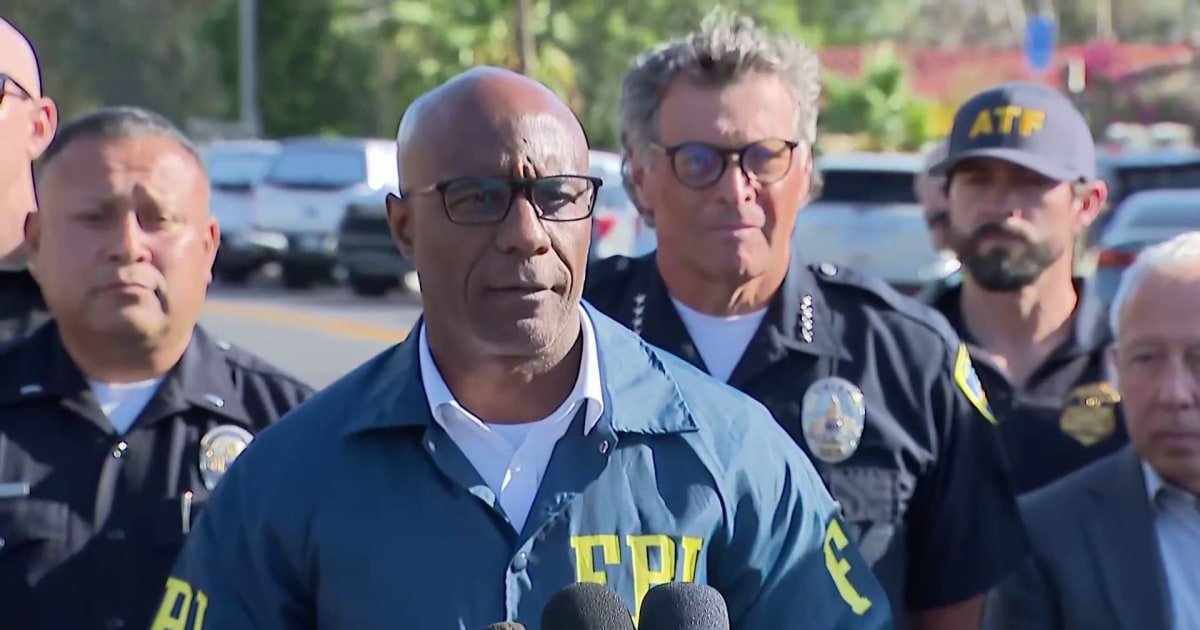BBC Chair Calls Gaza Coverage a “Dagger to the Heart” of Journalistic Impartiality
The chair of the BBC, Richard Sharp, recently expressed grave concerns regarding the network’s coverage of the ongoing Gaza conflict, labeling it a “dagger to the heart” of journalistic impartiality. This statement has ignited a significant discourse about the ethical dilemmas media organizations face when reporting on sensitive and polarized conflicts. With the world increasingly reliant on media for accurate information, the integrity of journalism stands as a critical pillar of democratic societies.
The Importance of Impartial Journalism
Impartial journalism is vital because it ensures that all sides of a story are represented fairly. In conflicts such as the one in Gaza, where emotions run high and narratives are deeply entrenched, the role of the media becomes even more crucial. The BBC, as one of the world’s leading broadcasting organizations, has traditionally prided itself on its commitment to impartiality. However, Sharp’s comments reflect a growing concern that this commitment may be wavering under the weight of public opinion and political pressure.
Understanding the Gaza Conflict
The Gaza conflict is steeped in decades of history, marked by violence, political strife, and humanitarian crises. As the situation evolves, so too do the narratives surrounding it. Media coverage plays a pivotal role in shaping public perception and influencing policy decisions. However, the challenge lies in balancing the need for accurate reporting while avoiding the pitfalls of bias.
- Historical Context: Understanding the roots of the Gaza conflict is essential for accurate reporting. It encompasses territorial disputes, historical grievances, and the complexities of national identity.
- Human Impact: The human cost of the conflict cannot be overstated. Civilian casualties and humanitarian crises demand sensitive and responsible reporting.
Challenges to Media Impartiality
Media organizations, including the BBC, face numerous challenges when covering sensitive topics like the Gaza conflict. Among these challenges are:
- Public Pressure: In an age where social media amplifies voices, public opinion can sway media coverage. Outcry from various communities can lead to accusations of bias or insensitivity.
- Government Influence: Political entities may attempt to influence media narratives, pushing for coverage that aligns with specific agendas.
- Reporting Constraints: Journalists often face logistical challenges, including restricted access to conflict zones and the dangers of reporting from war-torn areas.
The Role of Social Media
The rise of social media has transformed how news is consumed and disseminated. Platforms like Twitter and Facebook allow for real-time updates and diverse viewpoints. However, this immediacy can lead to the spread of misinformation and sensationalism, complicating the efforts of traditional media outlets striving for impartiality. Sharp’s comments highlight the tension between maintaining journalistic standards and responding to the rapidly evolving media landscape.
Repercussions of Partiality in Reporting
When media organizations fail to uphold impartiality, the consequences can be severe. Audiences may lose trust in the media, leading to a fragmented information ecosystem where individuals turn to sources that reinforce their biases rather than challenge them. This can create an echo chamber effect, where misinformation proliferates and critical discourse is stifled.
Consequences for the BBC
For the BBC, accusations of biased reporting not only threaten its credibility but also its role as a trusted news source. Sharp’s remarks serve as a call to action for the organization to reassess its reporting strategies and ensure that it remains a beacon of impartial journalism. The need for transparency and accountability is paramount; media organizations must be willing to acknowledge their shortcomings and strive for improvement.
Strategies for Maintaining Impartiality
To navigate the complexities of reporting on the Gaza conflict while maintaining impartiality, media organizations can adopt several strategies:
- Fact-Checking: Implementing rigorous fact-checking processes can help ensure that information disseminated is accurate and reliable.
- Diverse Perspectives: Actively seeking out and including voices from all sides of the conflict can provide a more nuanced understanding of the situation.
- Transparency: Being open about editorial decisions and the challenges faced in reporting can help build trust with the audience.
Engaging with Audiences
In a world where audience engagement is crucial, media organizations should prioritize dialogue with their viewers and listeners. By fostering conversations about reporting practices and the challenges of covering complex issues, outlets like the BBC can strengthen their relationship with the public and reaffirm their commitment to impartiality.
Conclusion: A Call for Reflection and Action
Richard Sharp’s assertion that the BBC’s Gaza coverage is a “dagger to the heart” of journalistic impartiality serves as a wake-up call for media organizations worldwide. It underscores the delicate balance that journalists must maintain in their pursuit of truth amid polarized narratives. As the media landscape continues to evolve, the principles of impartial journalism must remain steadfast. By embracing transparency, accountability, and diverse perspectives, media outlets can navigate the challenges of reporting on sensitive issues and uphold their integrity as trusted sources of information.
Ultimately, the responsibility lies with both media organizations and their audiences. As consumers of news, individuals must critically evaluate the information they receive and seek out credible sources. In doing so, they can contribute to a more informed public discourse and support the vital role of journalism in society.
See more Update My News


